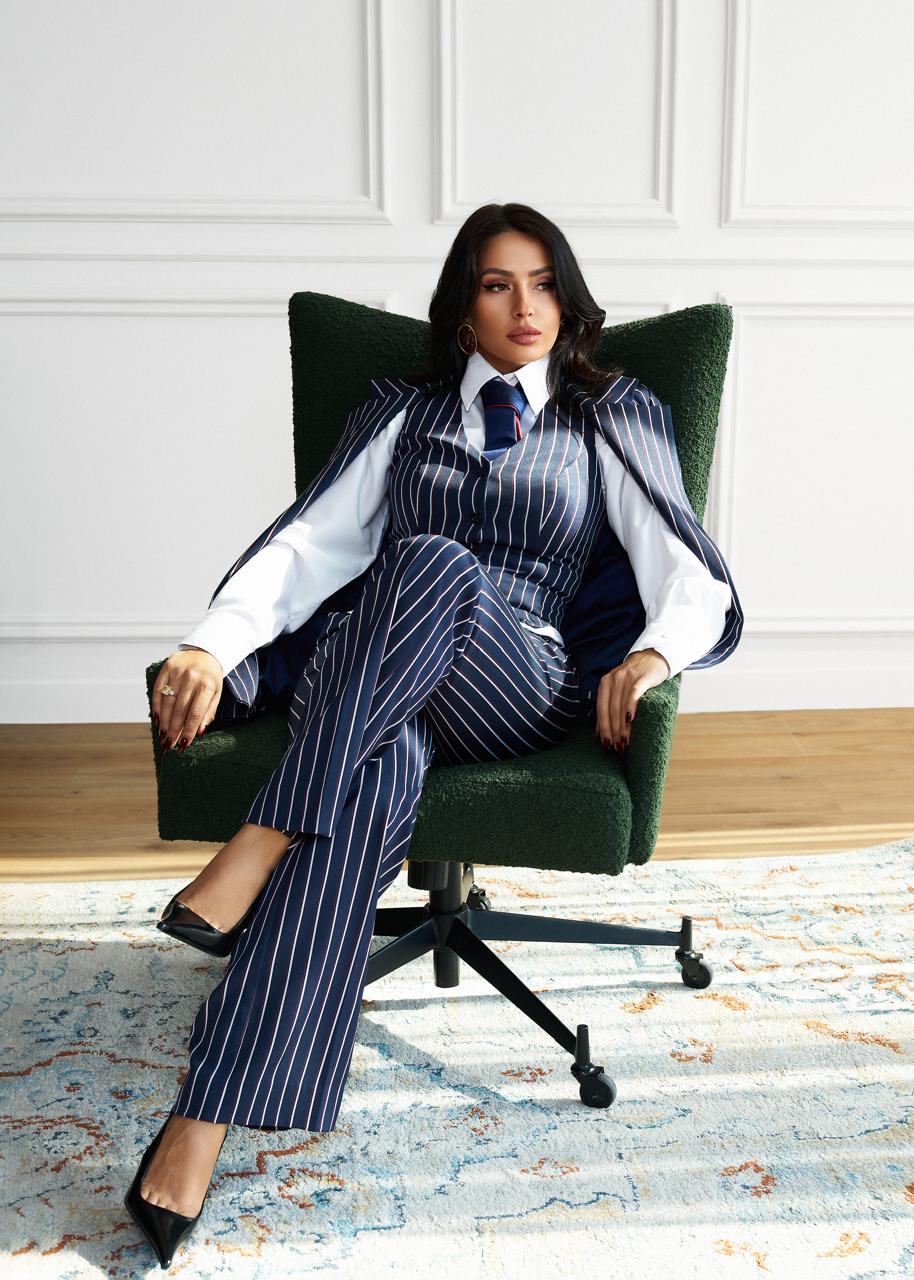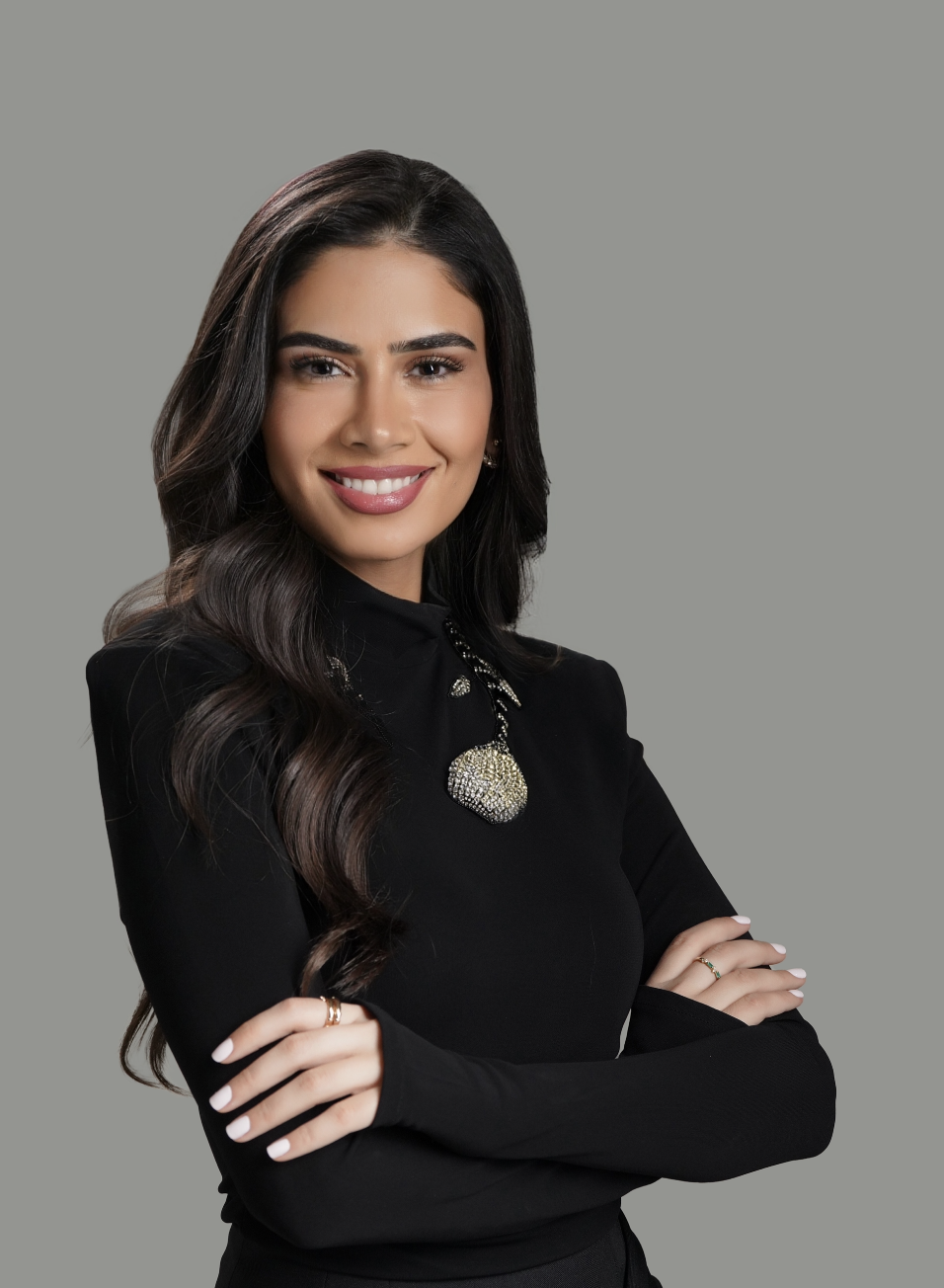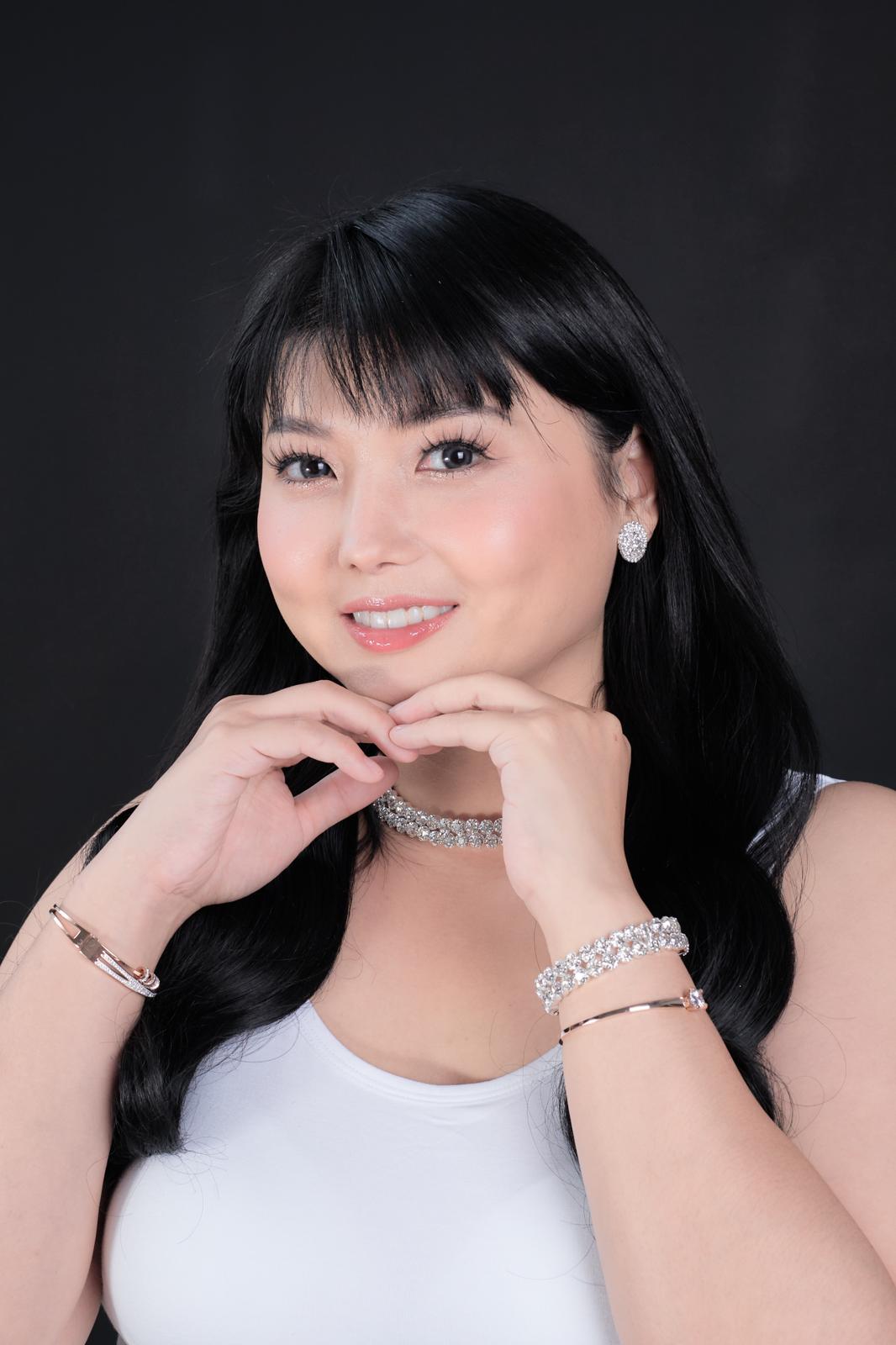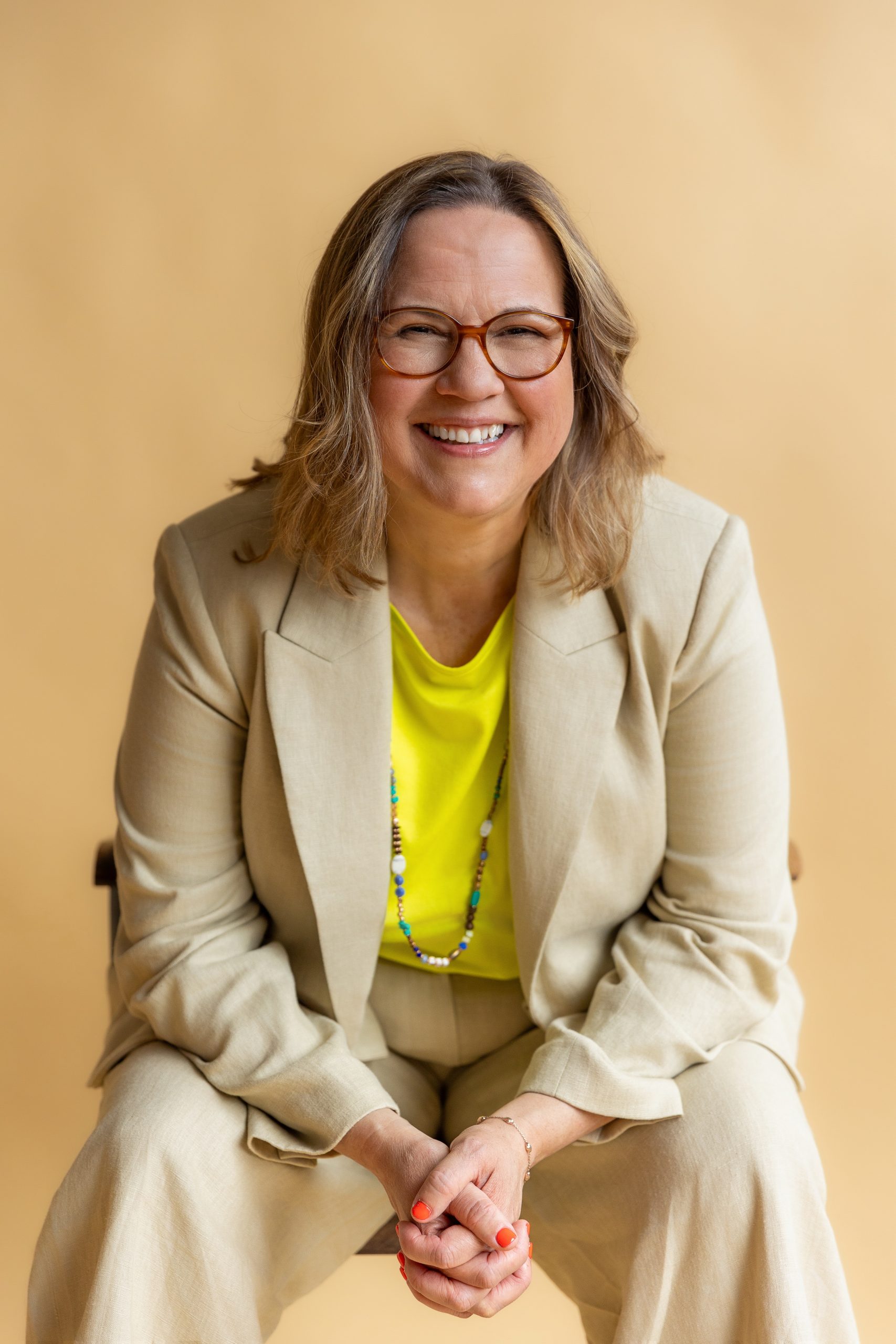In a divorce court where a man’s testimony is worth twice a woman’s, victory for lawyer Reema Shamasneh is rare and often bittersweet.
On this morning, a young nurse is desperate to end her marriage to a truck driver who she says beat her, doused her with scalding tea and kept her from seeing her dying mother. But her husband will only agree if she forgoes all alimony, including the $14,000 stipulated in the marriage contract.
Eager to escape and claim her young son, she says yes. The man stands before a copy of the Quran, the Muslim holy book, and repeats after an Islamic judge: “You are divorced.”
Shamasneh blinks back tears of relief and frustration, and then quickly composes herself.
“This is not a big victory,” the 39-year-old lawyer says with an air of quiet determination. “I gave her what she wanted, but at the same time I am not happy because she gave up her rights.”
Fighting for other women
Dressed in the headscarf and long robe of a devout Muslim, Shamasneh fights for Arab women in the most intimate arena of their lives: Marriage and divorce.
While countries such as Tunisia and Morocco have introduced reforms, brides in others must still be represented by male guardians who sign marriage contracts. Men can divorce on a whim, while women must prove cause. And polygamy is legal only for men.
Such notions enjoy strong support, even among women. In a 2013 poll by the Pew Research Center, large majorities in seven Arab countries said a woman should obey her husband, from 74 percent in Lebanon to 87 percent in the Palestinian territories and 93 percent in Tunisia.
“We cannot copy the Western laws because the Western societies are different and they have very complicated problems,” says Maryam Saleh, a representative of the Islamic fundamentalist group Hamas in the now-defunct Palestinian parliament.
But Shamasneh believes the laws are the way they are because they were passed by men.
“They were raised in a certain culture that says men are better than women, and this is reflected in the laws,” she says.
Shamasneh’s father Mohammed, a retired contractor, wanted all his children, including the girls, to get an education. She chose law, a profession that turned out to be a good fit for her pragmatic, analytical nature.
Her 74-year-old mother Amneh, sitting across from Shamasneh, says she is proud of her daughter’s success. But her mother was against her studies, Shamasneh interjects.
“At the time, it was shameful for a woman to study and have a job,” Amneh says apologetically.












